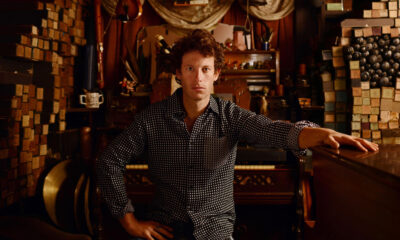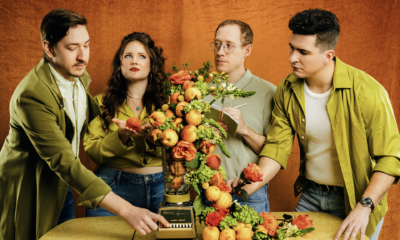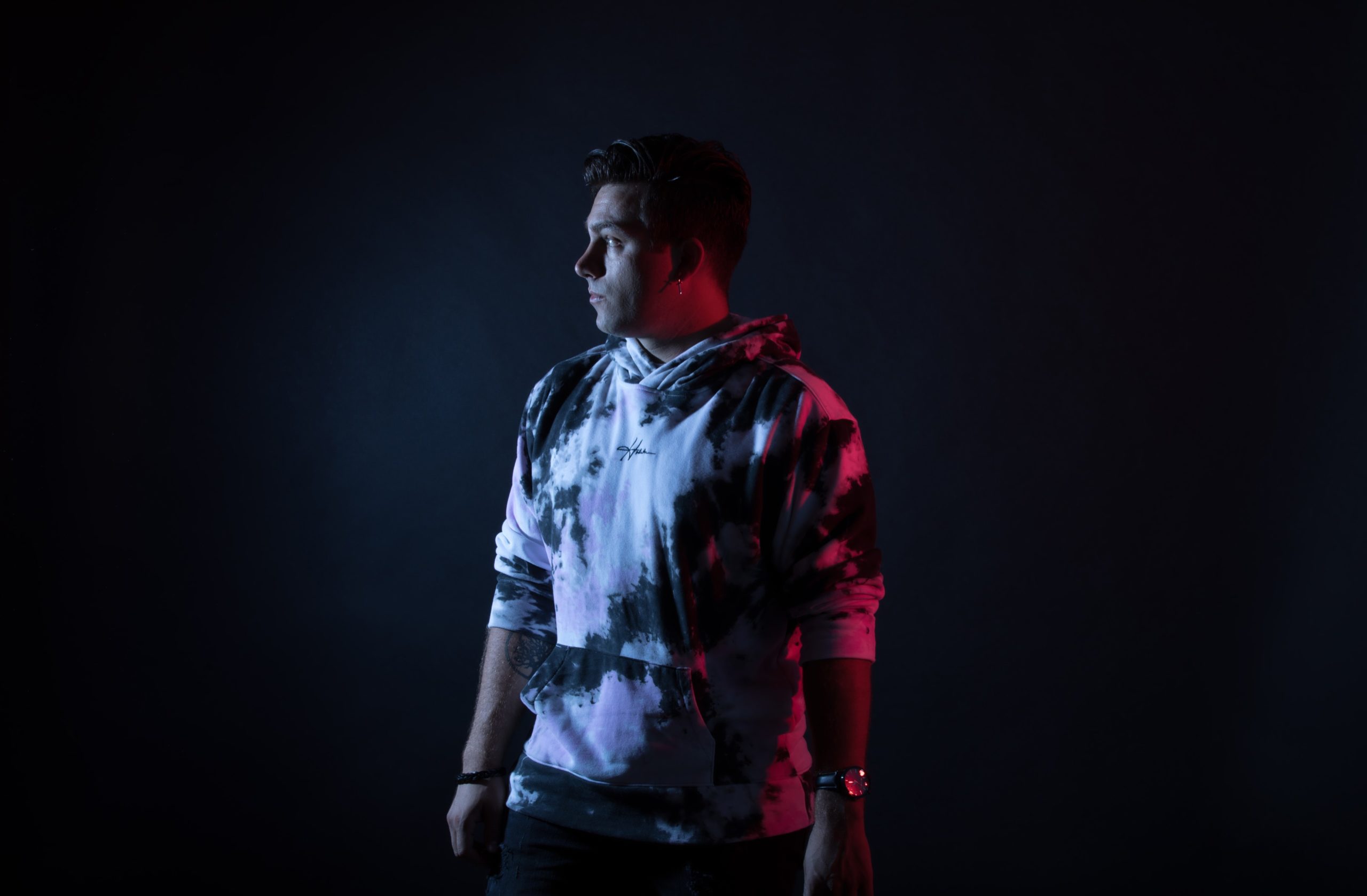Interviews
JEFF ROSENSTOCK on His Musical Evolution, Learning from His Heroes & New Album ‘POST-’
We spoke with Jeff Rosenstock about his music and new album, POST-, out now via Polyvinyl Records.
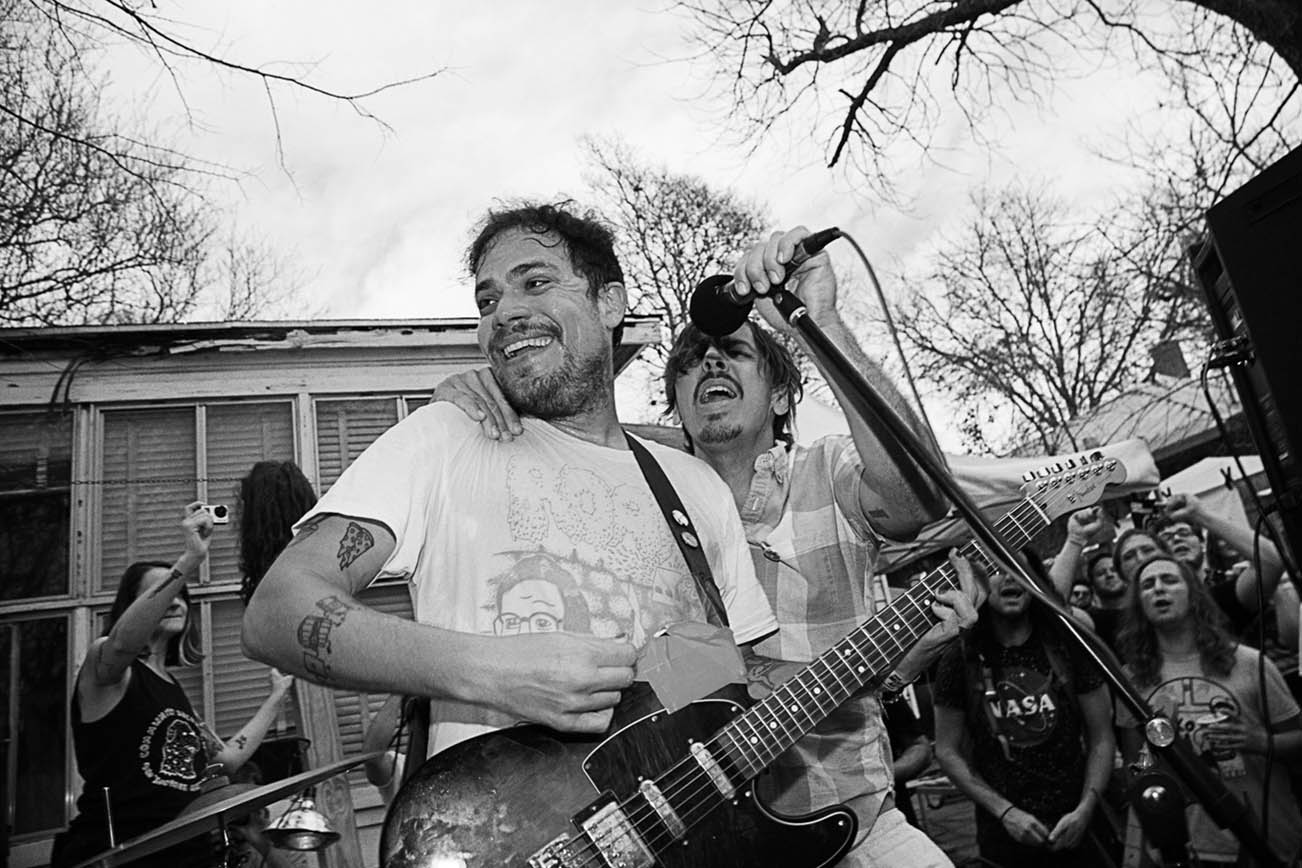
New York native Jeff Rosenstock first started playing shows and recording demos as a teenager, notably fronting the ska-punk band The Arrogant Sons of Bitches. ASOB disbanded in the early 2000s and gave way to Bomb The Music Industry!, which Rosenstock also fronted. Before kicking off his solo career — Rosenstock’s first two full-lengths came out through SideOneDummy Records — the Brooklyn-based singer/songwriter not only launched the first ever donation-based record label, Quote Unquote Records, but began writing and producing for other artists.
The latest album by Jeff Rosenstock is titled POST-, and was released earlier this year by Polyvinyl Records. POST- kicked off in a big way, debuting at #1 on the “Heatseekers Albums” chart of Billboard in the United States. I had the pleasure of meeting up with Rosenstock prior to the Polyvinyl’s release — POST- was initially unveiled via Quote Unquote on New Year’s Day 2018 without any promotional lead-up — and below are some of the highlights.
Check out the latest music video from Jeff Rosenstock.
Over the years, you’ve evolved stylistically, but I would say your lyrics are not far off from where they originally were. They are satirical, they are thoughtful, and they are current. When is it that you realized kind of that you were on the right path and you didn’t have to be chasing singles or hits or anything like that?
Jeff Rosenstock: I don’t think I ever thought I was going to have to be chasing singles or hits, and I don’t think I ever think I am right, you know what I mean? I am just writing the things I want to write. I would do it whether or not it was a thing that people want to listen to. It is just kind of like I write. That is what I feel like I need to do to make myself feel complete, I guess. It is like a corny ass thing to say, but we’ve known each other for a while. Have you ever known me to not be like talking about music or like writing music or thinking about music? It is all I think about. So any kind of like perception or a path or a goal or anything… I don’t think about that, I am just trying to write better songs.
My music that I made when I was 16 is available for everybody, and so much of the shit I was singing was so fucking dumb. I am not saying that it is dumb music, or those records are bad or anything, but there is this language I used that I wouldn’t use now, because I get it now… So, basically I am just trying to get better… When I look back on it, I don’t feel stupid about it, I feel like I was communicating probably what I was trying to say, instead of getting lost in trying to get to the core of what I am actually trying to say there.

You are in your mid-30s but you are 20-plus years into a career. How does that make you feel though, knowing that aside from occasional-uncomfortable lyrics knowing that the old stuff is out there? Do you actually find joy in that, that people can trace your history? Do you sometimes wish that you could take stuff out of print?
Rosenstock: No, I think it is cool… Say tomorrow Jimmy Fallon calls up our publicist and he is like, “Alright, we want to put Jeff’s band on the show, can you send me some of his work?” I wouldn’t send them Built To Fail. It is not it is what I am showing everybody, but I think it is cool you can hear the shit that wasn’t that good, because it kind of like shows how things can grow a little bit if somebody is following what I am doing.
I think the whole thing is important, whether or not I think it is good or not. I think the fact that there is a whole thing is important because as a person who personally almost gave up on it a lot — I didn’t — and I think that is the stuff being out there is kind of a testament that I even at times it wasn’t the focal point of my life, and I was just working and trying to pay bills and stuff like that… I played the Bruce Lee Band show in Korea and I played solo at it and people were like asking for ASOB songs. It is just like, “How did you hear about those?” It is like, “Well it is ska, there weren’t really that many ska-punk bands like after 1997.” So I figured ASOB became this like ska-punk band that people found out about afterwards, and I think that is cool for me and my high school buddies who were just like trying so desperately to not have the thing completely explode… Eventually it did find its audience, you know what I mean?
When did it feel like the musicians that you were growing up with, that you went from being a fan to being a peer? A lot of the labels that you have been associated with, the people who run those labels are only five to ten years older than you, yet a lot of them are peers now. When did you become comfortable with and cognizant of that?
Rosenstock: I think it was like right around Bomb The Music Industry!, being on Asian Man Records. I think once me and Mike Park started becoming friends, instead of just me being on his label… Mike Park is a person that I have looked up to, I still look up to. It is weird to say “look up to,” I guess it is more like I really respect him now and I really value his opinion. If I ever have a crisis of decision-making, I would call up Mike and talk it out with him because like I see how he has done everything. I see how he has done everything from an employee, so to speak, for somebody on his label. I see how he treats the people who he works with, and just as a friend I see how he treats his friends…
Then later on, like the first handful of tours that we got, which was like Less Than Jake and Anti-Flag, they got in touch with me. We didn’t have a booking agent, I booked everything, so like they got in touch with me, which was cool to begin with. Then on these tours we became friends, and that was just like, “Oh yeah, we’re part of a thing together.” We really got along with The Slackers. Marcus [Geard] just came up like two or three days into that tour, “You know what? I think I am starting to get it. You are doing a thing, you are like actually a punk band.” We’re just like, “I don’t know if he said it like that, like I think I am starting to get you guys… Yeah, that is why we are weird to be on tour with, because we’re not playing a gig, you know?”
Once that happened, we just came became us and The Slackers really good buddies. I grew up listening to Slackers records, I still listen to Slackers records. Listen to the way Vic [Ruggiero] plays the keyboard and I am just like, “How can anybody ever play that good? What is he doing? When I play keyboard can I figure how to get the rhythm with my left hand and play up top and do this thing where it seems like he is just mashing any notes possible and it still sounds amazing?” I still look up to them like that, but also like we’re buddies, we are peers. It is cool.
Watch Jeff and band at the Pitchfork Music Festival.
Is there a long-term goal for what you are doing? Do you want to keep on what you are doing? Is there a place you are trying to get?
Rosenstock: There is not a place I am trying to get. I think maybe just the only hope I would have that if it all crashes down it gets fucked, I have six months’ notice like let my band know, because I have a responsibility towards my band. I have a responsibility. [Wife] Christine, who is our tour manager and handling day to day record label shit right now, I have a responsibility to people to like I am paying them. People need money to live, if money is not going to come in anymore they have to know. I didn’t expect to be doing any of this anyways, so I am not really super-goal-oriented. I guess it would be cool to be able to play in other countries, which we do.
I don’t know, we did all the stuff I ever thought we were going to do, so it is cool. I am excited, I have the opposite of a goal. I have curiosity of what could possibly be on the horizon because the response to this record… I am so curious about what is going to happen and I think that is kind of like what drives me. Then it makes it exciting when things happen because you truly don’t expect it to happen.
So in closing, Jeff, any last words for the kids?
Rosenstock: Yeah, vote in the mid-term elections, please, for crying out loud. Vote in the mid-term elections, I hear about Oprah running for president and I am just like, “Yeah, not now, let us get all these people out of their houses.”
Here is an interview with Jeff Rosenstock.
-

 Alternative/Rock14 hours ago
Alternative/Rock14 hours agoThe V13 Fix #010 w/ High on Fire, NOFX, My Dying Bride and more
-

 Hardcore/Punk1 week ago
Hardcore/Punk1 week agoHastings Beat Punks Kid Kapichi Vent Their Frustrations at Leeds Beckett University [Photos]
-

 Culture1 week ago
Culture1 week agoCirque Du Soleil OVO Takes Leeds Fans on a Unique, Unforgettable Journey [Photos]
-

 Alternative/Rock6 days ago
Alternative/Rock6 days agoA Rejuvenated Dream State are ‘Still Dreaming’ as They Bounce Into Manchester YES [Photos]
-

 Music2 days ago
Music2 days agoReclusive Producer Stumbleine Premieres Beat-Driven New Single “Cinderhaze”
-
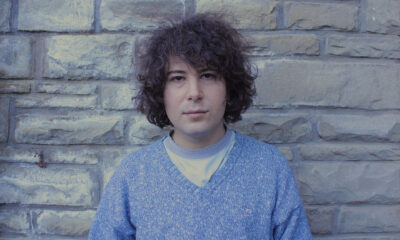
 Indie1 week ago
Indie1 week agoMichele Ducci Premieres Bouncy New Single “You Lay the Path by Walking on it”
-

 Culture2 days ago
Culture2 days agoDan Carter & George Miller Chat Foodinati Live, Heavy Metal Charities and Pre-Gig Meals
-

 Alternative/Rock1 week ago
Alternative/Rock1 week agoWilliam Edward Thompson Premieres His Stripped-Down “Sleep Test” Music Video


